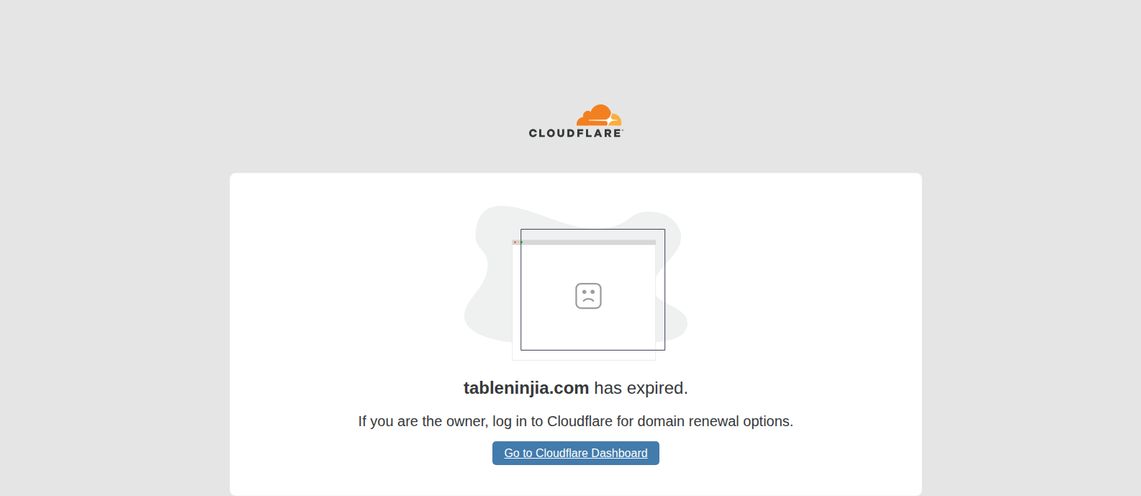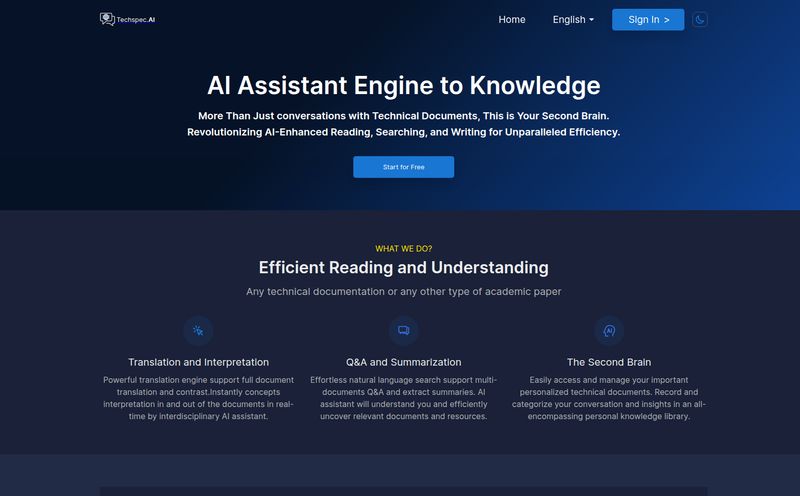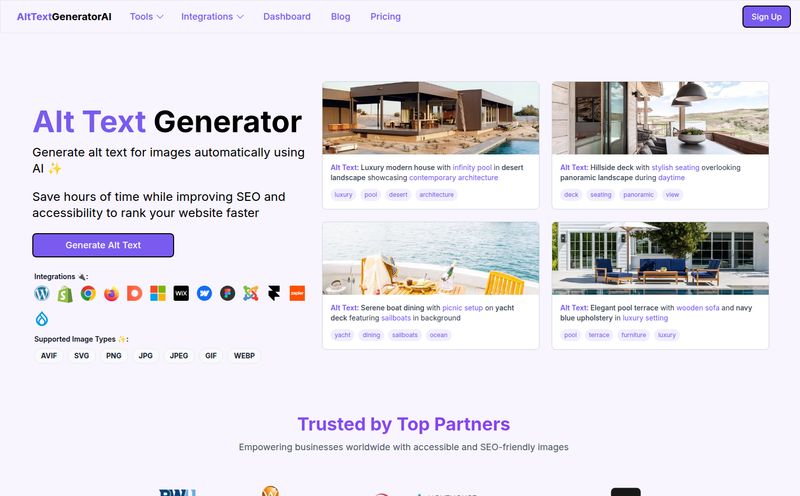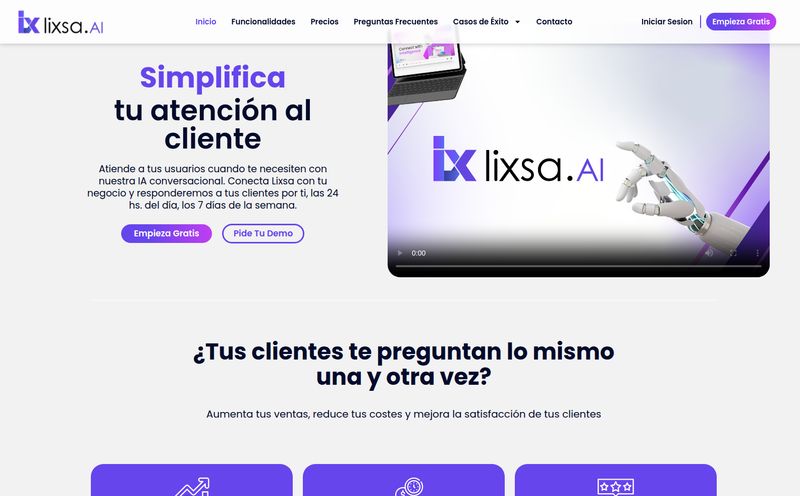Be honest. It's a disaster, isn't it? Mine is a chaotic digital shoebox filled with about a dozen near-identical pictures of my cat, blurry concert photos, screenshots of memes I forgot to send, and that one perfect sunset from two years ago. We all have this dream of curating our lives into beautiful albums, but who has the time? Most days, our photos just go to die in the digital graveyard of our iCloud storage.
It’s a problem. A big one. And every so often, a new app pops up promising to be the magic bullet. The latest one to cross my desk is called My Whole Life's Memory. The promise is huge: an AI-powered app that automatically turns your daily photos into meaningful, narrated memory snippets. A personal time capsule. With a single tap.
Sounds pretty futuristic, right? Almost too good to be true. So, as someone who’s seen more than a few of these “life-changing” apps fizzle out, I had to take a closer look.
So What Is This AI-Powered Memory Keeper?
At its heart, My Whole Life's Memory, apparently developed by a company called Botisan AI, is designed to be completely hands-off. The core idea is that you grant it access to your photo album, and its AI gets to work. It sifts through the daily digital detritus to find what it considers 'highlights.' Then, and this is the interesting part, it doesn't just group them together. It creates an AI-powered narration to go along with them.
Think about that for a second. It's not just a slideshow like Google Photos or Timehop might generate. It’s an attempt to build a story. It's like having a tiny, digital biographer living in your phone, whispering the story of your life back to you. The app’s own tagline is “My Personal Time Capsule,” and I get it. The goal is to preserve your life's story with almost zero effort on your part.

Visit My Whole Life's Memory
The Magic of Automated Storytelling
Let's be real, the main draw here is the AI narration. This is what separates it from a simple photo sorting tool. We’ve all seen AI do incredible things with image recognition—identifying faces, places, even the breed of a dog. This app aims to take that a step further by adding context and meaning. Instead of just seeing a photo from a birthday party, the app could, in theory, narrate, “Here’s a great moment from Sarah’s 30th birthday party in July 2024, everyone looks so happy.”
This automated curation is the second pillar. The thought of an AI wading through my 30,000+ photos to find the gems is... appealing. It promises to turn a monumental task that I'll never get to into a simple, automated background process. No more manual sorting, no more tagging, no more creating albums that you forget about a week later. Just tap a button and let the algorithm do the heavy lifting.
The Good, The Bad, and The AI
Of course, no tool is perfect, especially one leaning so heavily on a still-developing technology like generative AI. I've been in the SEO and tech game long enough to know that for every brilliant feature, there's usually a catch.
Why I'm Genuinely Intrigued
The sheer effortlessness is a massive selling point. The 'one-tap' setup is brilliant for people who are sentimental but, let's face it, a bit lazy. We want the beautiful outcome of a curated life story without the hours of work. If it works as advertised, this could be a fantastic tool for new parents documenting their child's first years, or for someone who wants to capture their travel adventures without becoming a full-time video editor.
It solves a genuine pain point. The digital photo overload is real. An app that not only sorts but also adds a narrative layer could genuinely help people reconnect with their own memories in a new way. It's an ambitious idea, and I have to give them credit for that.
A Few Red Flags to Consider
Now for the other side of the coin. The first and most glaring issue for me is privacy. To do its job, this app needs full, unfettered access to your entire photo library. That’s everything. The good, the bad, the ugly, the screenshots of sensitive bank information you forgot to delete. In an age where data breaches are a weekly occurrence, handing over your entire visual life story to a relatively unknown company is a big ask.
I took a look at their website, and while they have links for a Privacy Policy and Terms of Service, the site itself is extremely minimal. This lack of transparency is a bit concerning for a service that wants access to such personal data. You definately need to read that policy with a fine-tooth comb before handing over the keys to your kingdom.
Then there’s the AI itself. What happens when it gets it wrong? I can just imagine the AI narrating a photo from a somber family event with a cheerful, “What a fun get-together!” Cringe. The potential for misinterpretation is huge. An AI lacks the human context, the inside jokes, the subtle emotional cues that make a memory meaningful. Will we be able to edit or correct these narrations? The information available doesn't say. Without customization options, you're stuck with whatever the robot thinks your life is about.
Who Is This App Really For?
After weighing the pros and cons, I think the target user for My Whole Life's Memory is someone who values convenience over control. It's for the person who is overwhelmed by their camera roll and just wants a simple, 'good enough' solution to see their memories again. It's probably not for the meticulous scrapbooker or the privacy-conscious tech veteran who prefers to manage their own data. It's for the person who would rather have a slightly imperfect, AI-generated memory than no memory at all.
The Mystery of the Missing Details
One of the oddest things about this app is the lack of information. The website is a single, sparse page. Clicking on some links leads to a '404 Not Found' error. And most importantly, there's no mention of pricing. Will it be a subscription? A one-time purchase? Ad-supported? This is a critical detail that's completely missing.
This could mean it's a very new project, still in its early stages. Or it could be a red flag. In my experience, companies that are clear and upfront about their business model tend to be more trustworthy. The current state feels a bit like a mystery box, which is exciting but also warrants caution.
Frequently Asked Questions
- Is the My Whole Life's Memory app safe to use?
- This is the biggest question. The app requires full access to your photos, which raises significant privacy concerns. While they have a privacy policy, it is crucial to read it carefully to understand how your data is stored and used before you grant access.
- How much does the app cost?
- As of now, there is no pricing information available on their website or in the App Store description. It's unclear if the service will be free, subscription-based, or have a one-time fee.
- Can I edit the AI's narration or photo choices?
- There is currently limited information about customization options. It is not clear whether users can correct inaccurate narrations, swap out photos in a memory snippet, or otherwise fine-tune the AI's output.
- What makes this different from Google Photos Memories?
- The primary differentiator is the AI-powered narration. While services like Google Photos or Apple's Photos create silent slideshows or collages, My Whole Life's Memory aims to build a spoken narrative around your pictures, effectively telling you a story.
- Where can I download the app?
- The app is available on the Apple App Store. You can typically find it by searching for "My Whole Life's Memory."
My Final Thoughts
So, what's the verdict? My Whole Life's Memory is a fascinating concept. It's a swing for the fences, an attempt to solve a modern problem with a futuristic solution. The idea of an automated, narrated life story is undeniably cool.
However, the execution is everything. The app is straddling a fine line between being a helpful digital historian and a slightly creepy, privacy-invading robot. The lack of transparency about pricing and features doesn't help build confidence.
My advice? Approach with curious caution. It's an idea with a ton of potential, and I'll be keeping an eye on Botisan AI to see how they develop it. If they can address the privacy concerns and give users a bit more control over the final product, this could genuinely be a wonderful way to bring our digital memories back to life. For now, it remains an intriguing experiment.
Reference and Sources
- My Whole Life's Memory on the App Store: https://apps.apple.com/us/app/my-whole-lifes-memory/id6499313498
- Botisan AI Official Website: https://my-whole-lifes-memory.com/ (Includes links to Terms of Service and Privacy Policy)
- Electronic Frontier Foundation (EFF) article on app privacy: How to Read a Privacy Policy You Actually Care About



